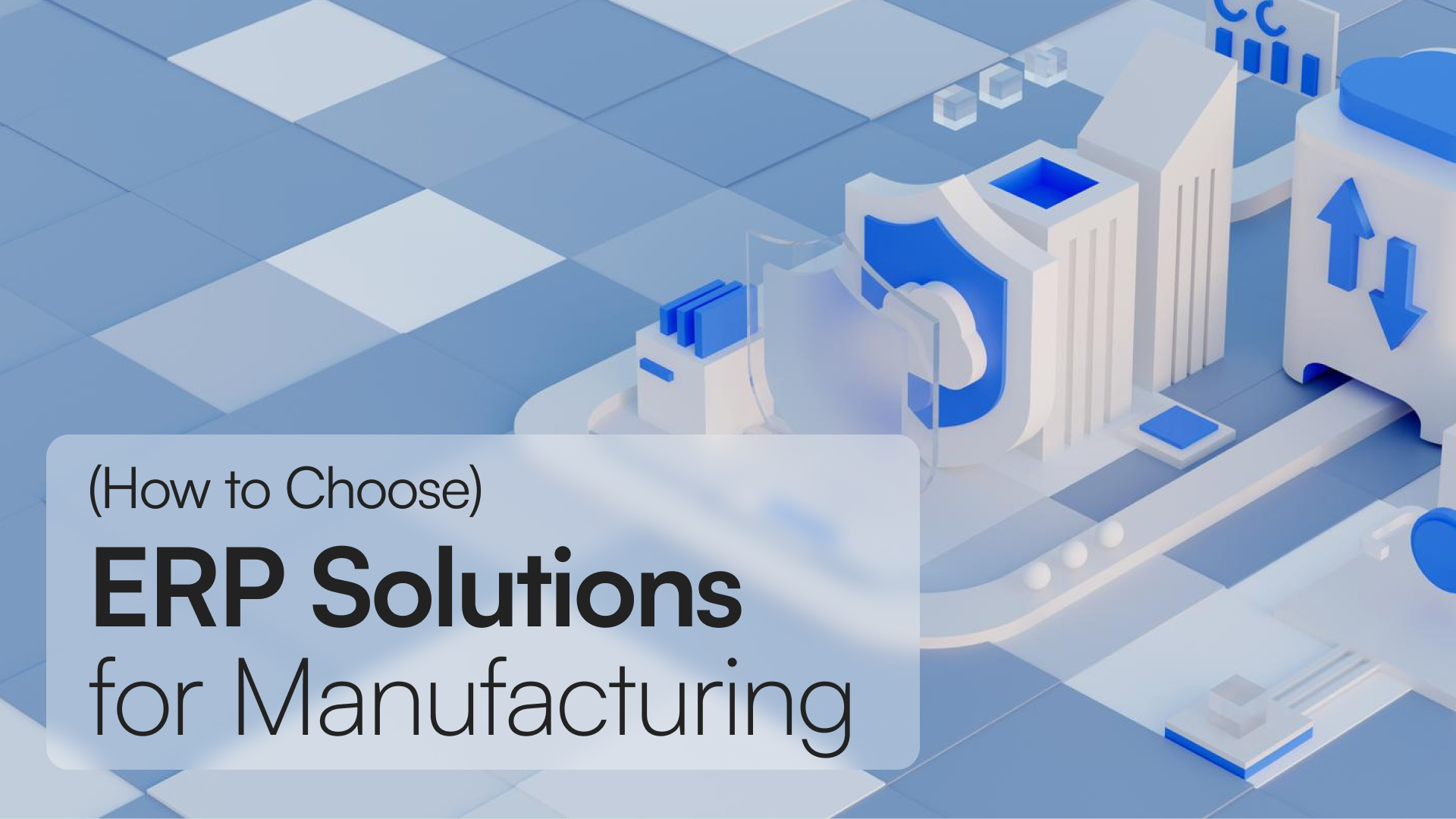Introduction
Choosing the right client or customer database isn't just about storing contacts. It's about making every interaction more informed, organized, and valuable. Whether you're a startup looking to track new leads or an enterprise streamlining operations, the right tool can help you get more from your data.
This guide breaks down the best client and customer database software for 2026, based on real functionality, flexibility, and fit.
What is a Client or Customer Database?
A client or customer database is software that helps businesses store, manage, and access customer data in one place. This includes contact info, communication history, purchases, preferences, and more. The goal is to centralize information so teams can:
-
Personalize communication
-
Automate workflows
-
Understand behavior and trends
-
Improve service and support
Most modern systems are cloud-based, secure, and built to scale with your business.
Use Cases by Industry
Different industries manage client data in different ways. Here’s how a client or customer database can support your work:
-
Professional Services: Track client onboarding, billing cycles, and case notes
-
Healthcare: Manage patient history, scheduling, and HIPAA-compliant communication
-
Real Estate: Monitor leads, showings, transactions, and follow-ups
-
Education & Coaching: Store student or client progress, resources, and feedback
-
SaaS & Tech: Maintain customer success data, subscription info, and support tickets
Customizable platforms like Tadabase can be molded to match each industry's workflows.
9 Best Client and Customer Database Software for 2026
Tadabase 
Best for: Building fully custom databases and workflows without code
Tadabase lets you build a tailor-made client database that fits your exact processes. It’s a no-code platform designed for teams that need more than out-of-the-box fields and templates.
-
Create relational databases with custom logic
-
Automate tasks with workflows and triggers
-
Control access by user roles
-
Build internal or client-facing portals
If you're outgrowing spreadsheets or boxed-in CRMs, Tadabase gives you total flexibility.
Salesforce 
Best for: Large teams needing an enterprise CRM with deep integration
Salesforce is a well-known name for a reason. It combines powerful customer data management with tools for sales, service, and marketing. But it does come with a steep learning curve and price tag.
-
Deep customization (with dev resources)
-
AppExchange for integrations
-
Built-in AI and analytics
HubSpot CRM 
Best for: Small to mid-size teams looking for an easy start
HubSpot offers a solid free CRM that handles contacts, deals, and tasks. It’s clean, intuitive, and works well for companies just starting with structured customer data.
-
Free tier with generous features
-
Native tools for email and forms
-
Scales with paid add-ons
Zoho CRM 
Best for: Customizable features on a budget
Zoho CRM is flexible and affordable, with modules for sales, support, marketing, and analytics. It’s best for growing teams that need options without overspending.
-
Strong automation and reporting tools
-
Works well for multiple business models
-
Great value for money
Monday.com 
Best for: Teams who want project and client management in one place
Monday.com isn’t just for project tracking—it’s also a capable CRM alternative. Use templates to manage leads, track interactions, and align client work with internal tasks.
-
Visual workflows and boards
-
Highly customizable columns and views
-
Good for collaboration-heavy teams
Airtable 
Best for: Spreadsheet users who want database power
Airtable bridges the gap between Excel and a real database. With templates for CRM and customer tracking, it’s great for small teams or individuals managing many contacts.
-
Looks and feels like a spreadsheet
-
Built-in automation and integrations
-
Mobile friendly
Nutshell 
Best for: B2B sales teams who need simplicity
Nutshell is a straightforward CRM focused on sales pipelines and contact management. It’s not bloated with marketing tools, which can be a plus.
-
Easy-to-navigate interface
-
Pipeline and reporting tools
-
Live support included
Stackby 
Best for: Building lightweight databases with flexibility
Stackby is a lesser-known Airtable alternative that gives you spreadsheet-style control with database features. Good for smaller teams that want a DIY solution.
-
API access for syncing external tools
-
Collaborative team views
-
CRM templates available
Act! 
Best for: Traditional businesses with legacy CRM needs
Act! has been around a long time, and it still appeals to teams that want an installed solution with sales and marketing features.
-
Desktop and cloud options
-
Built-in email marketing
-
Integration with Outlook and QuickBooks
Feature Comparison Table
| Software | Starting Price | Customization | Automation | Mobile Access | Best For |
|---|---|---|---|---|---|
| Tadabase | $50/month | Full | Yes | Yes | Fully custom, no-code apps |
| Salesforce | $$$ | High | Yes | Yes | Large enterprises |
| HubSpot CRM | Free | Medium | Limited | Yes | Startups & small teams |
| Zoho CRM | $ | High | Yes | Yes | Affordable flexibility |
| Monday.com | $$ | Medium | Yes | Yes | Project + client work |
| Airtable | Free+ | Medium | Yes | Yes | Excel power users |
| Nutshell | $$ | Low | Basic | Yes | B2B sales teams |
| Stackby | $ | Medium | Yes | Yes | DIY database builders |
| Act! | $$ | Low | Yes | Yes | Legacy system users |
Common Mistakes to Avoid
Even the best database tools won't help if implemented poorly. Watch out for these:
-
Over-customizing without documentation: Makes onboarding hard and knowledge siloed.
-
Ignoring team training: Adoption suffers without buy-in and hands-on practice.
-
Choosing by brand alone: The most well-known tool might not be the best fit.
-
Skipping backup and export features: Always have an exit plan for your data.
What to Look For in a Client Database
Choosing software shouldn’t just be about features—it’s about fit. Here’s what to evaluate:
-
Ease of use: Can your team start using it quickly?
-
Customization: Can it match your workflows or do you need to adapt?
-
Automation: Will it save time through triggers and logic?
-
Integrations: Does it play well with your existing stack?
-
Scalability: Will it still work a year from now, or three?
If your workflows are specific or you’re dealing with multiple departments or clients, platforms like Tadabase offer the control you need to build exactly what you want.
Conclusion
Client and customer databases aren’t one-size-fits-all. The best tool for you depends on your team size, technical comfort level, and how rigid or flexible your processes are.
If you want to get started fast and customize as you grow, Tadabase gives you the control of a developer platform—without needing to hire one.






